The AMD Ryzen 7 7800X3D promises stellar gaming performance, thanks to the 3D V-Cache technology, at a price that won’t break the bank. The single CCD provides even higher gaming performance than the 7950X3D, in games requiring no more than eight cores. It also beats the mighty Intel i9-13900K, in gaming performance.
You will find all Zen 4 CPU reviews I have done so far below:
- AMD Ryzen 9 7950X3D
- AMD Ryzen 9 7900X
- AMD Ryzen 9 7900
- AMD Ryzen 5 7600X
- AMD Ryzen 5 7600X (on MSI MAG B650M Mortar)
Since I have extensively covered the new AMD platform and chipsets in the reviews above, I will only cover the new things that the 7000X3D chips bring, as I did in the Ryzen 9 7950X3D review.
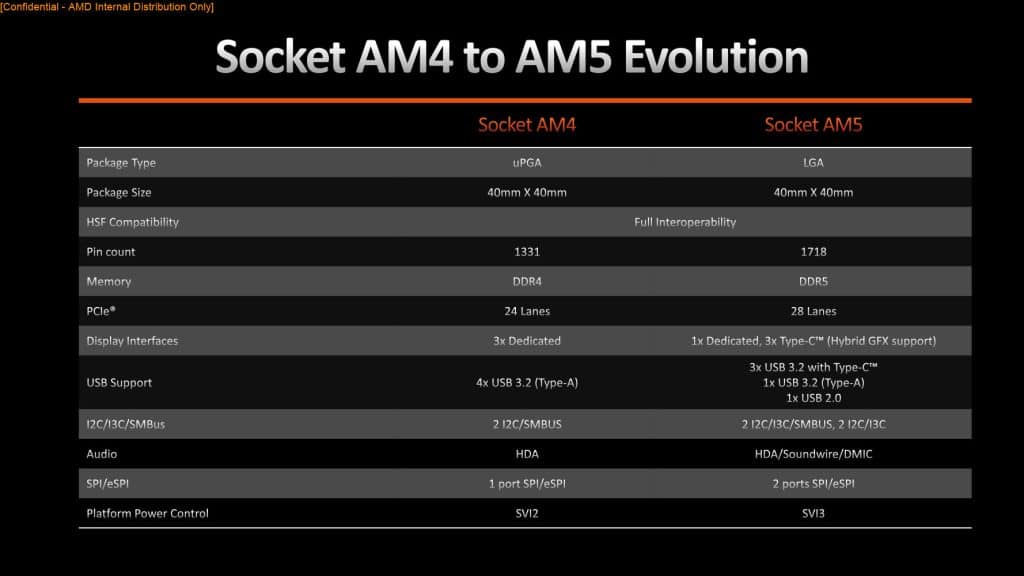
Compared to the first-generation 3D V-cache processor, the Ryzen 7 5800X3D, the new Ryzen 7 7800X3D has a 500MHz higher max boost clock, and the Ryzen 9 7950X3D has a 1200MHz higher max boost clock because of the mixed CCD configuration. AMD states that the Ryzen 7000 series, especially the models with many cores, have high operating temperatures by design, which don’t pose a problem for their performance and reliability. For the Ryzen 7000X3D models, the maximum Tjunction (TJMax) temperature is around 89C under intense multi-thread loads. The TJMax is the maximum safe operating temperature, not the absolute max temperature. In other words, according to AMD, there will be no issues with the CPU running at 89°C all day. For the multi-core 7000X models, this temperature is a bit higher, at 95°C.
The 7800X3D promises gaming performance equivalent to the flagship Ryzen 9 7950X3D so it can meet eye-to-eye with the mighty Intel 13900K(S). Again, not in applications, but in games where (too) many cores and threads don’t matter. AMD promises up to 7% better HD gaming performance on average than the 13900K, and since I bought one, I will be able to check this claim.
Before I proceed, I have to devote a paragraph to AMD’s 3D V-Cache technology to help you understand why it offers a gaming performance increase.
In plain words, 3D V-Cache allows AMD to stack additional memory on the processor. While most modern PCs typically have large amounts of RAM, this type of memory is much slower to access than the ultra-fast memory used for caching built into CPUs. So doubling the amount of L3 memory, from 64MB on the 7950x to 128MB on the 7950X3D, can boost performance in specific applications that benefit from larger cache memory, including games.
The 7000X3D line consists of three members. The 7800X3D is notably more affordable than the other two members.
Specifications
| Model | Cores/Threads | Frequency | Cache (Overall) | TDP | MSRP | Competing CPU |
| Ryzen 9 7950X3D | 16/32 | 5.7/4.2 GHz | 144MB | 120W | $699 | Intel i9-13900KS |
| Ryzen 9 7950X | 16/32 | 5.7/4.5 GHz | 80MB | 170W | $699 | Intel i9-13900K |
| Ryzen 9 7900X3D | 12/24 | 5.6/4.4 GHz | 140MB | 120W | $599 | Intel i9-13900K |
| Ryzen 9 7900X | 12/24 | 5.6/4.7 GHz | 76MB | 170W | $549 | Intel i9-13900K |
| Ryzen 9 7900 | 12/24 | 5.4/3.7 GHz | 76MB | 65W | $429 | Intel i9-13900 |
| Ryzen 7 7800X3D | 8/16 | 5.0/4.2 GHz | 104MB | 120W | $449 | Intel i7-13700K |
| Ryzen 7 7700X | 8/16 | 5.4/4.5 GHz | 40MB | 105W | $399 | Intel i7-13700K |
| Ryzen 7 7700 | 8/16 | 5.3/3.8 GHz | 40MB | 65W | $329 | Intel i7-13700 |
| Ryzen 5 7600X | 6/12 | 5.3/4.7 GHz | 38MB | 105W | $299 | Intel i7-13600K |
| Ryzen 5 7600 | 6/12 | 5.1/3.8 GHz | 38MB | 65W | $229 | Intel i5-13600 |
| Ryzen 7 5800X3D | 8/16 | 4.5/3.4 GHz | 100MB | 105W | $449 | Intel i9-12900K |
The 7800X3D is the most interesting option for gamers on a budget.
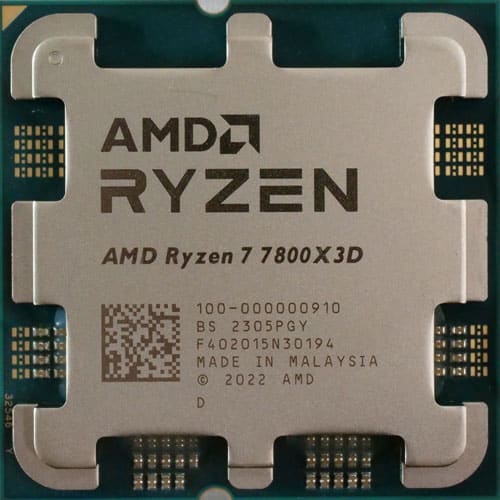
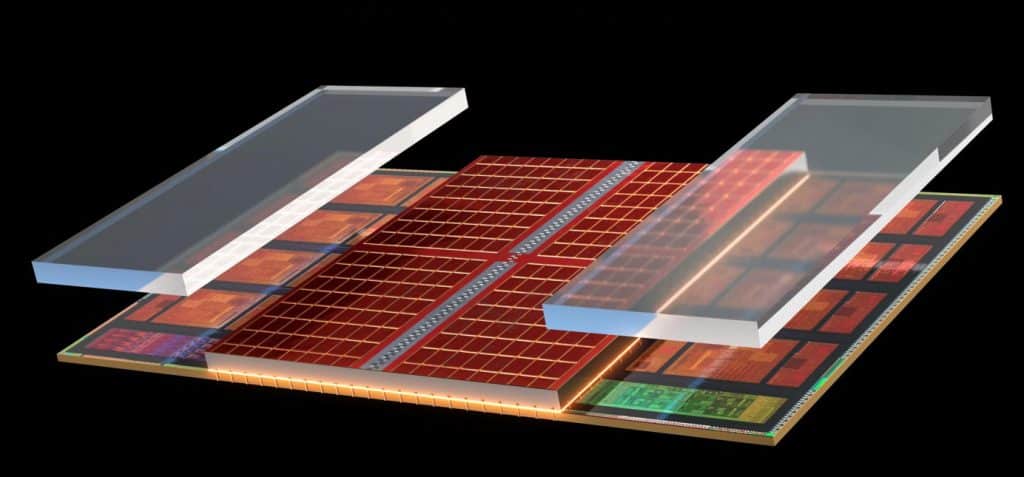
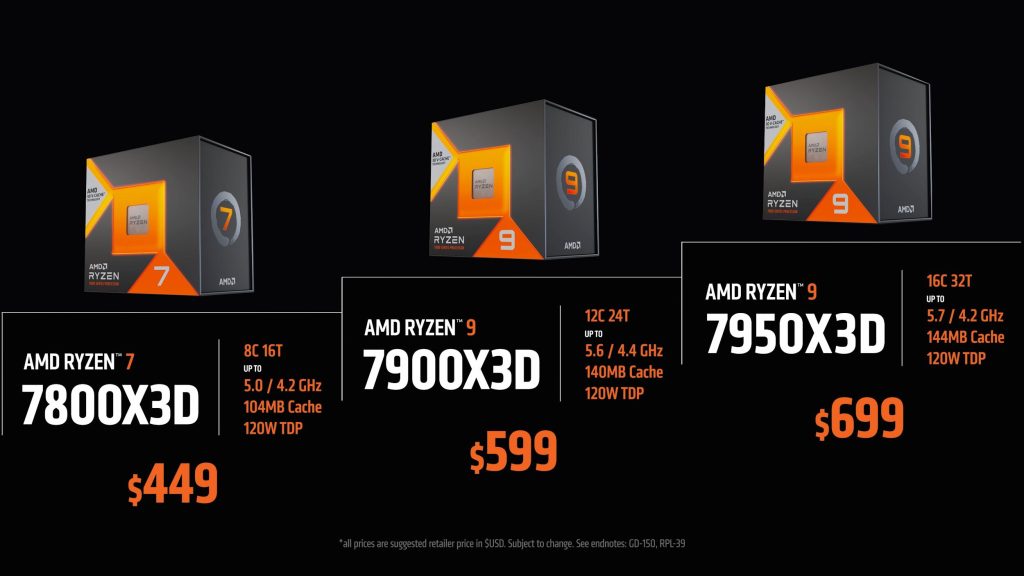
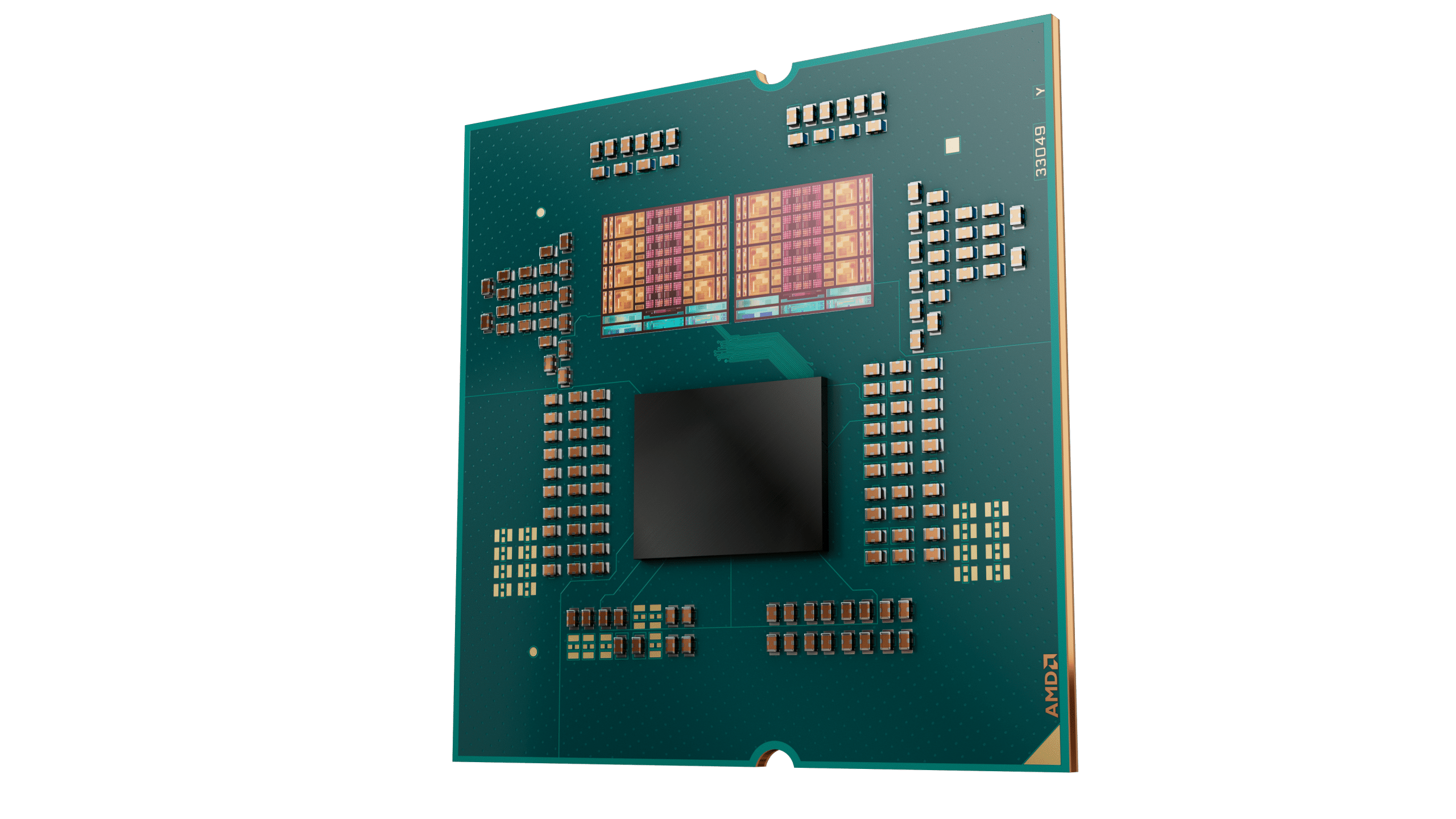
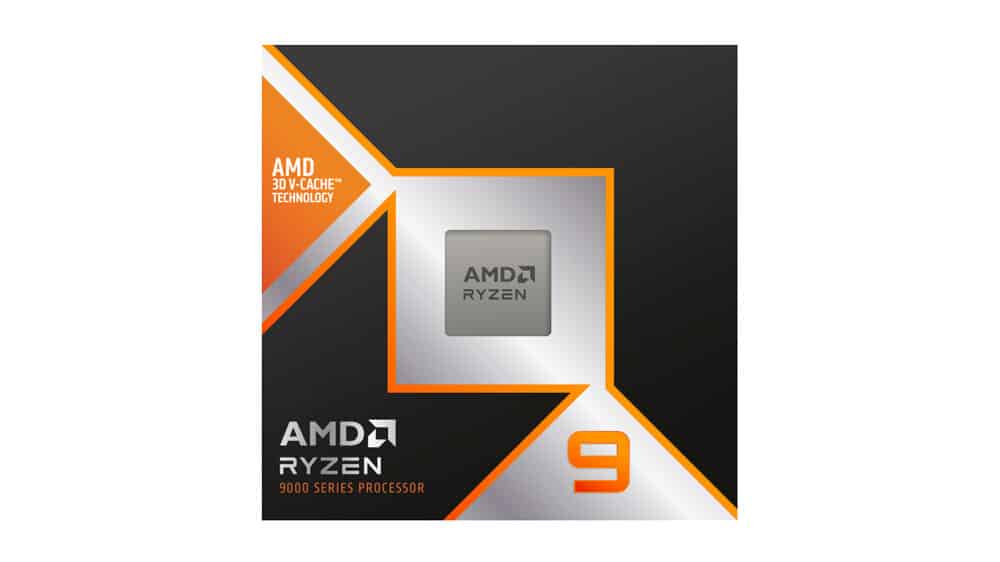
Looking at the 2nd page – so it’s just a (low level) ppm driver lingering in the system that was likely ignored by amd installer after (other) reviewers switched the cpu ? techpowerup reviewer claims he had to reinstall windows.
If device manager/sc.exe or registry and/or powercfg.exe (or any combination of those) was all that it took to clean that up, that’s pretty funny.
I do know that gaming in 4k is mostly GPU bound. Nevertheless would you mind doing the same tests for games in 4k?
I believe there is no point in losing more time in every CPU review for 4K testing, even QHD, since the GPU sets the limits in these resolutions and not the CPU. Wish I had more time for every review, but I don’t.
best review from Hardwear Busters master Aris